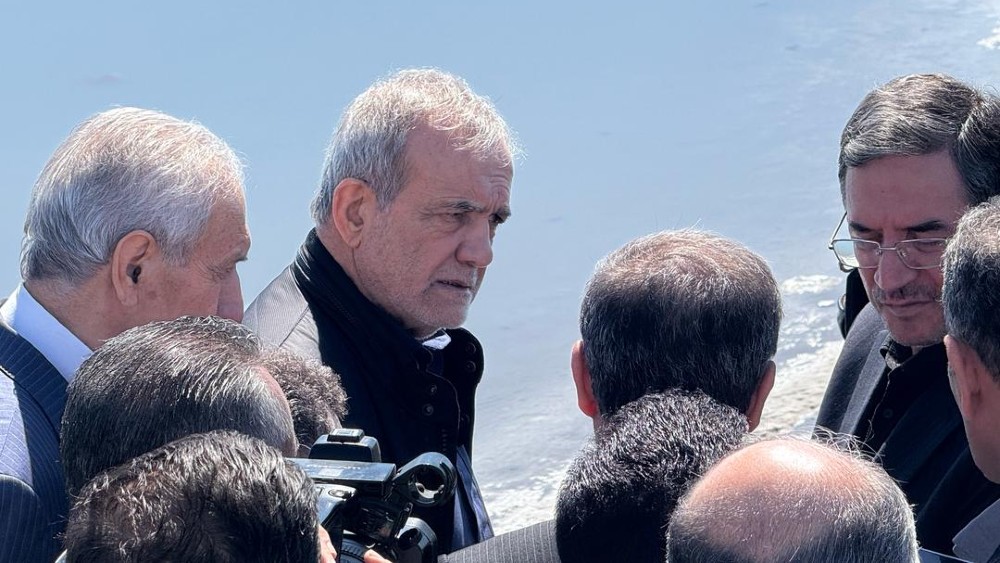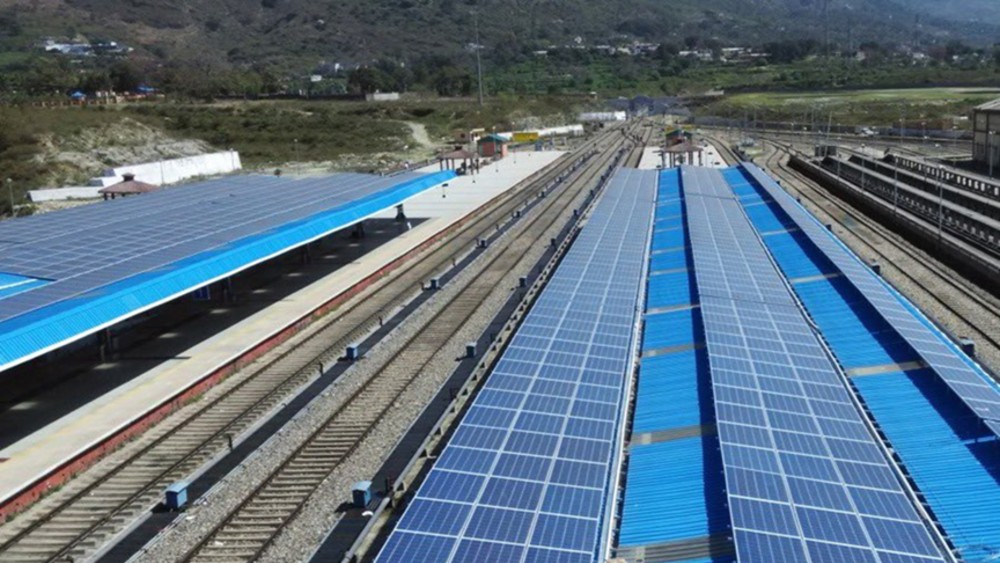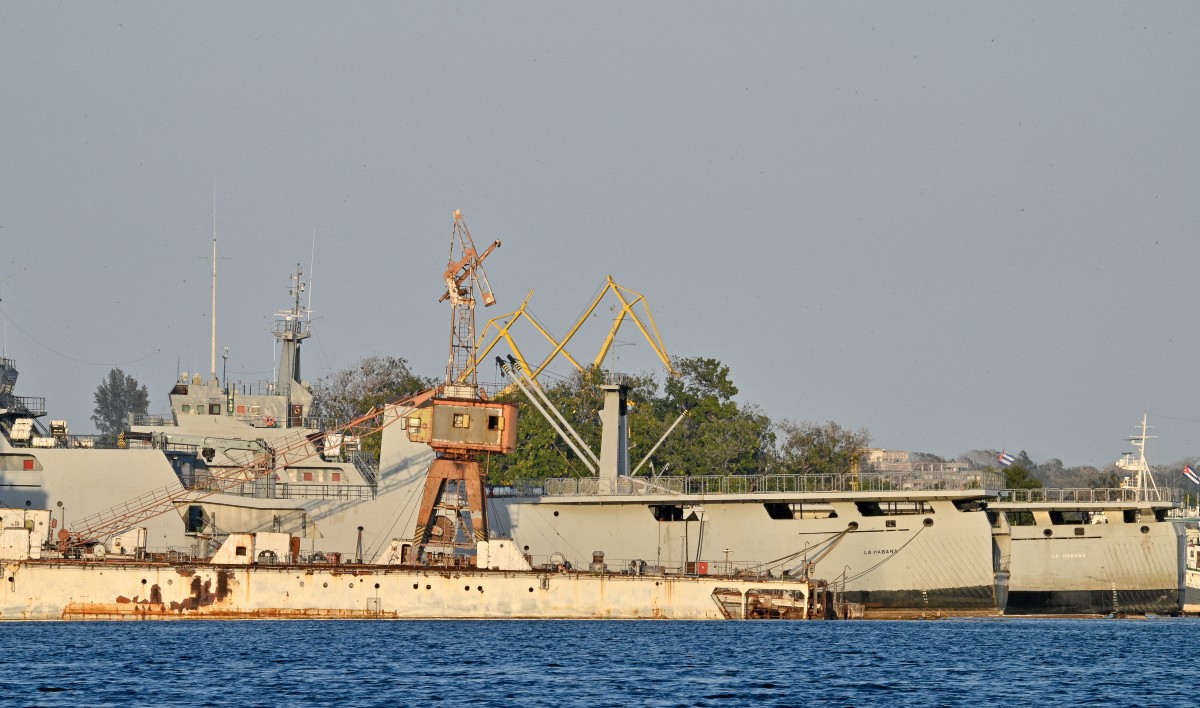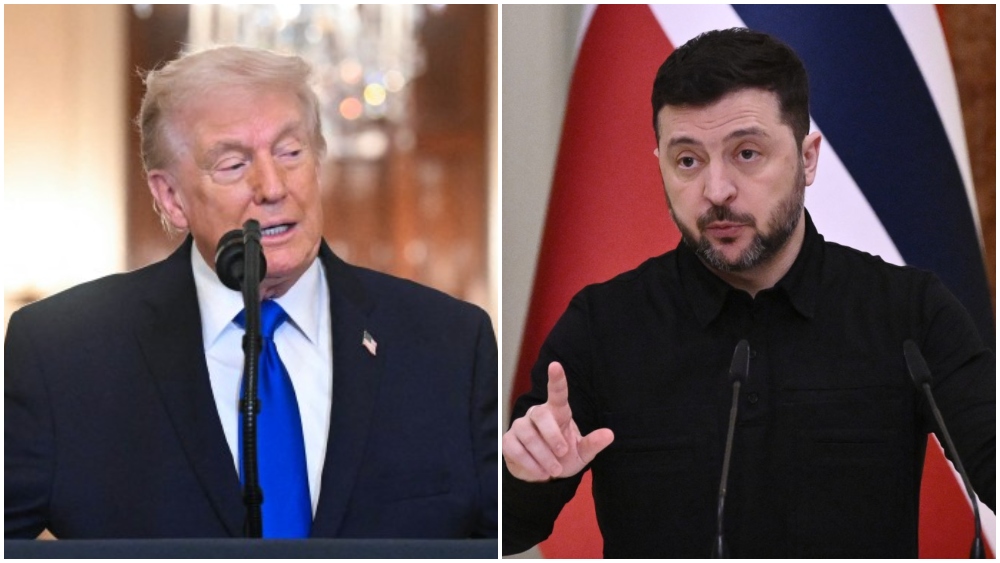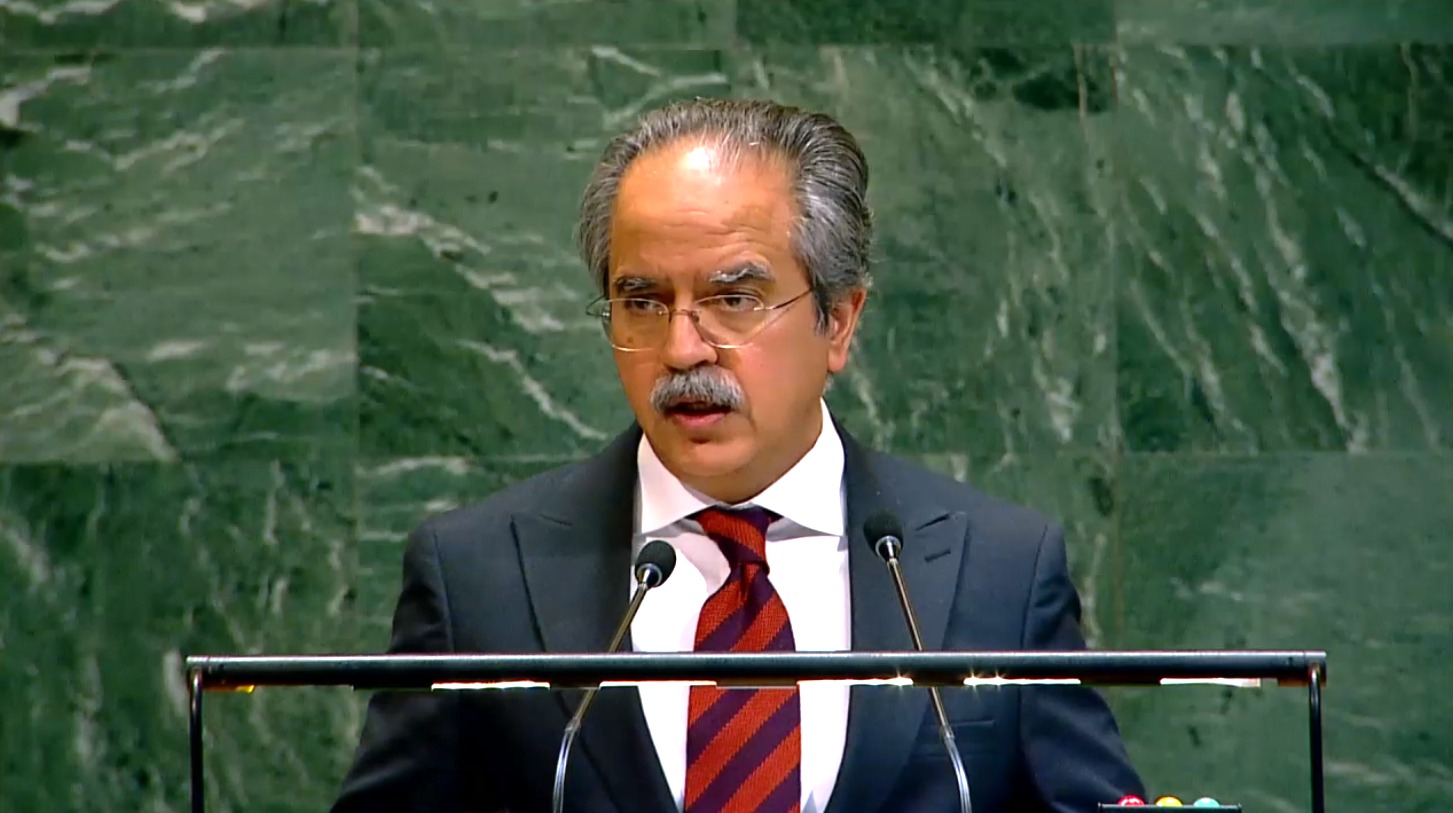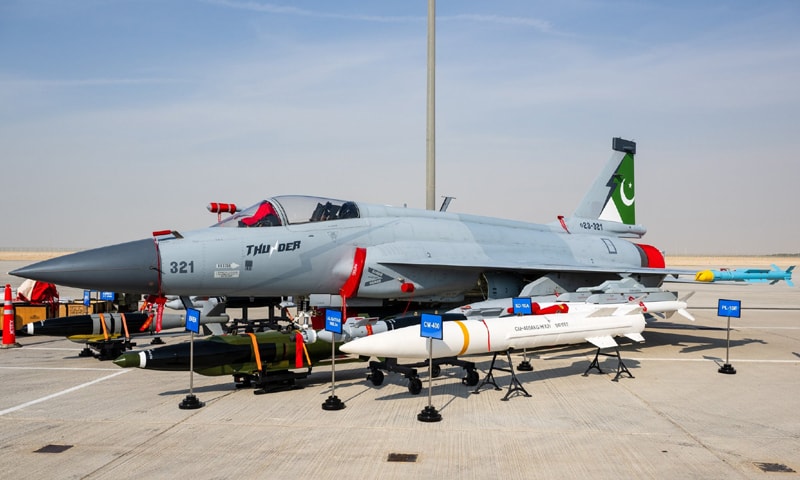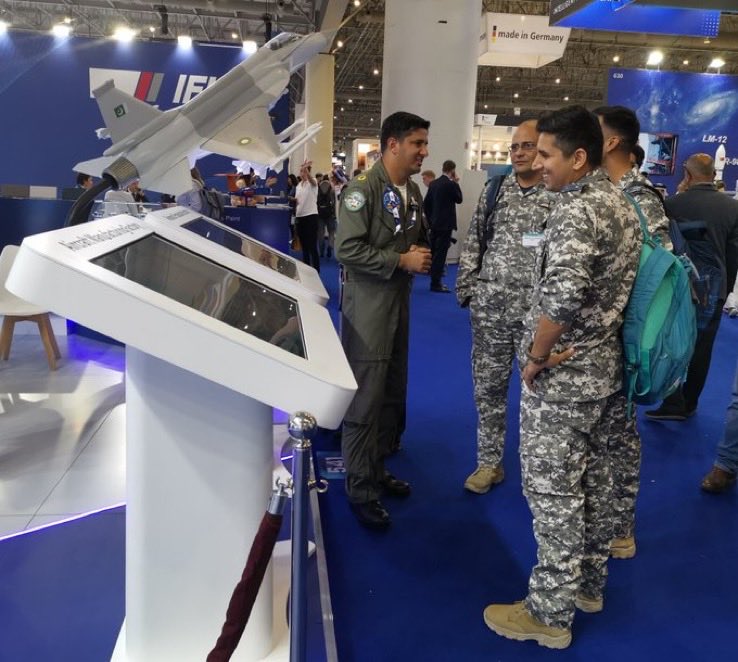ISLAMABAD: Pakistan on Friday urged D-8 member states to adopt a unified media strategy to counter Islamophobia, extremism, and the rising tide of global misinformation, as Information Minister Attaullah Tarar addressed the D-8 Media Forum in Baku.
Tarar cautioned that the global information ecosystem had been transformed by rapid digitalization, saying the world had moved “from print to electronic and now to digital media,” creating new vulnerabilities for societies.
“Disinformation distorts public perception, fuels polarization and weakens institutional trust,” he warned.
He highlighted Pakistan’s demographic strength as a key driver of digital change, noting 117 million internet users, nearly 80 million social media users, and a population in which 68 percent is under 30.
According to him, this youthful segment “has become a vital force in shaping narratives, particularly during crises.”
Recalling Pakistan’s experience during heightened tensions with India, he noted that “young citizens collaborated with media houses and digital platforms to disseminate timely and accurate information,” saying Gen Z “played a vital role in countering misinformation during the information war.”
Tarar called for a collective D-8 code of conduct to promote responsible communication, saying the forum provides an opportunity “to guide Gen Z on the positive use of social media” while bridging the divide between “digital immigrants and digital natives.”
Welcoming the establishment of Azerbaijan’s Media Excellence Center, he urged deeper collaboration through a joint working group, shared training programs, and workshops on crisis reporting, digital forensics, and counter-disinformation practices.
He proposed creating unified communication platforms for the bloc, saying: “I would also like to propose the creation of social media handles of the D8 Media Forum.”
“Through which member countries can put forward the narratives of economic development, of uplifting the people of our countries,” he said. “Providing a platform to counter Islamophobia, counter terrorism and to put out a narrative of common development of D8 countries.”
Tarar also called for a bloc-wide fact-checking mechanism and proposed the “Baku Declaration of Media Collaboration” as a roadmap for long-term media cooperation.
Addressing emerging challenges posed by artificial intelligence, he said, “AI-generated videos must be clearly labeled so users can distinguish synthetic content from authentic material,” urging the D-8 to consider adopting shared ethical guidelines.
Reaffirming Islamabad’s readiness to deepen cooperation, Tarar said Pakistan stands prepared “to promote peace, credibility, crisis preparedness, and an information environment where truth prevails over misinformation.”
He thanked the Government of Azerbaijan, President Ilham Haider Aliyev, Hikmet Hajiyev, and the D-8 Secretariat for hosting the forum, expressing hope that the gathering would strengthen collaborative media practices and contribute to a peaceful and prosperous future for the D-8 nations.

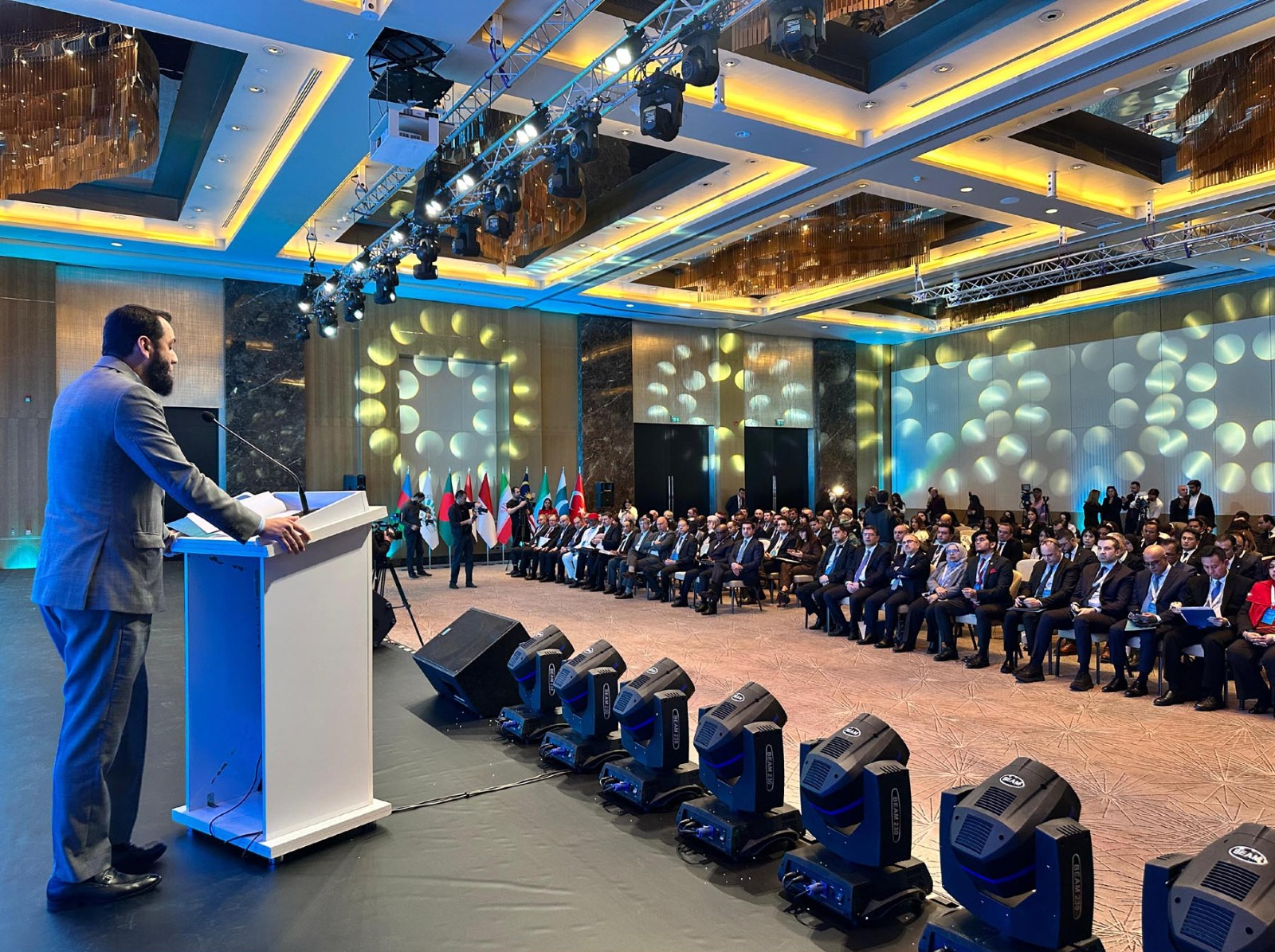
.jpg)
